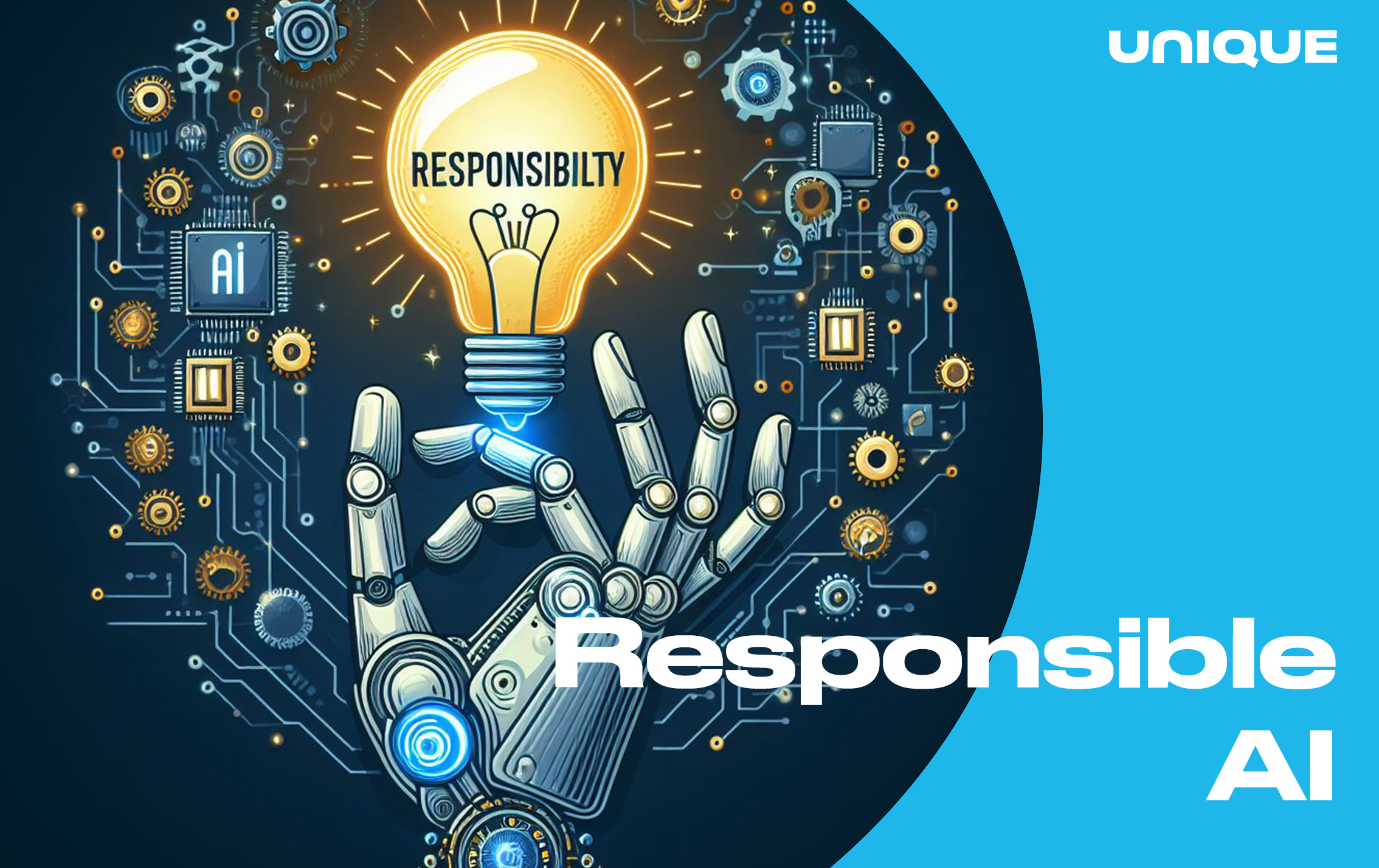With AI gaining popularity in the business landscape, it is becoming increasingly evident that the responsible use of generative technologies should be a top priority. Establishing trust in AI is not only advantageous for preserving a company's integrity but also underscores the organization's dedication to safeguarding client data and protecting their interests.
Rapid Deployment, Tangible Benefits
The appeal of GenAI lies in its rapid deployment capabilities, allowing organizations to deploy, reshape, and reinvent their operations swiftly. With plug-and-play applications, leading organizations can experience tangible benefits in as little as three months. Basic tasks see a significant boost in employee productivity, ranging from 10% to 20% increase, according to a BCG study.
For more ambitious applications, the time investment may extend to one to three years. However, the potential impact is substantial. 65% of senior executives acknowledge GenAI's disruptive potential over the next five years. Despite the challenging cost environment, a third of these executives have increased their investments in GenAI, driven by its faster time to value compared to other software solutions.
Identifying Value Pools
The most valuable GenAI applications are already making waves in key areas such as banking, customer operations, marketing and sales, research and development (R&D), and IT/software engineering. Over 50% of executives identify these domains as the biggest value pools for GenAI. Furthermore, the technology showcases its versatility with sector-specific applications across various industries.
Navigating Responsible AI
As GenAI continues to reshape the business landscape, the need for responsible AI practices becomes paramount.
Responsible AI is the practice of designing, developing, and deploying AI with good intentions, ensuring it empowers employees, businesses, and fairly impacts customers and society. This approach fosters trust and enables companies to scale AI with confidence.
Microsoft's Responsible AI Standard outlines a comprehensive framework built on six principles: fairness, reliability and safety, privacy and security, inclusiveness, transparency, and accountability. Adhering to these principles ensures that AI systems are designed and implemented with ethical considerations, minimizing the risk of unintended consequences.
Building Trust in AI
Accenture's 2022 Tech Vision research highlights a critical aspect of responsible AI—trust. Only 35% of global consumers trust how AI is currently being implemented by organizations, emphasizing the urgent need for transparency and accountability. A staggering 77% of consumers believe that organizations must be held accountable for any misuse of AI.
By embracing responsible AI practices, businesses can build trust among consumers and stakeholders. This trust is not just a moral imperative but also a strategic advantage, as it paves the way for broader AI adoption and long-term success.
Conclusion
GenAI holds immense potential for businesses, offering rapid deployment, tangible benefits, and value across various sectors. However, its success hinges on the responsible implementation of AI principles. By adhering to frameworks like Microsoft's Responsible AI Standard and prioritizing transparency and accountability, businesses can not only harness the power of GenAI but also contribute to a trustworthy and ethical AI ecosystem. As the digital era unfolds, responsible AI emerges as a cornerstone for sustainable business growth and societal impact.



